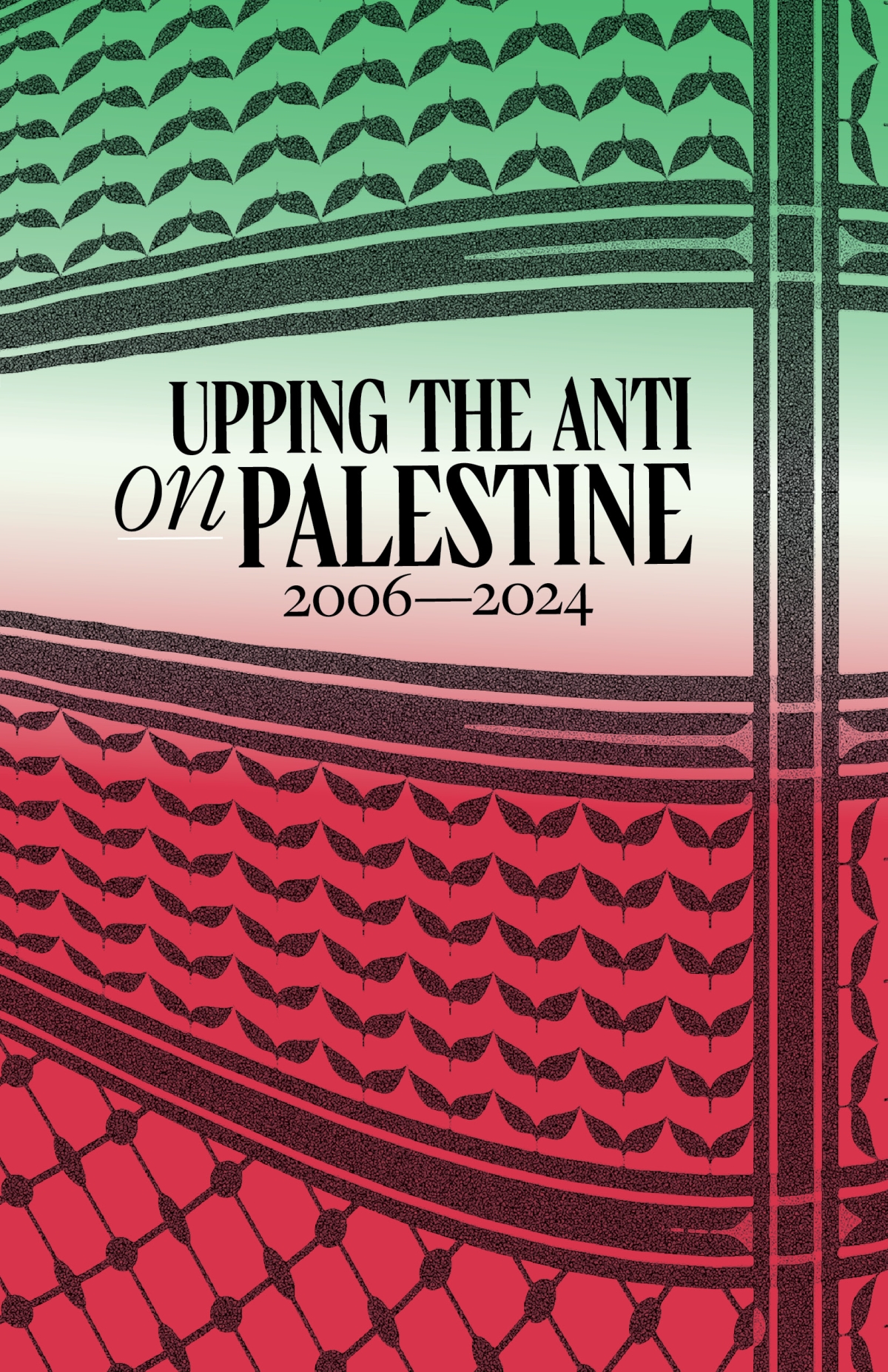About
Upping the Anti: A Journal of Theory and Action is a volunteer-run movement journal based in Toronto (Dish With One Spoon Territory) since 2005. We publish theoretical and critical articles, interviews, and roundtables. Upping the Anti also includes a book review section where activists assess new writing on the Left. “Upping the Anti” refers to our interest in assessing the interwoven tendencies that define the politics of today’s radical left: anti-capitalism, anti-oppression, and anti-imperialism. Although inexact in their proclamations, these positions point toward a radical politics outside of the “party building” exercises of the sectarian left and the dead-end of social democracy. We are interested in stories that reflect these concerns. We publish pieces that actively engage with and intervene in contemporary movement debates.
The journal is aimed at people who already define themselves as activists or revolutionaries. Our primary goal is to elaborate and clarify the political strengths and weaknesses of the contemporary politics of anti-capitalism, anti-oppression, and anti-imperialism. We avoid specialist language and academic jargon. We will not publish your school paper.
Editorial Committee
Editorial Collective: Jasmine, Saira Chhibber, Devin Clancy, Niloofar Golkar (on leave), Sharmeen Khan (on leave), and Saberi.
Associate Editors: Karl G and Amelia Spedaliere.
Advisory Board
Chris Dixon, Ottawa; Matthew Hayter, Thunder Bay (on leave); Robyn Letson, Toronto; P. J. Lilley, Surrey; Jennie Long; Scott Neigh, Hamilton; Chrys Papaioannou; Amy Saunders, Toronto; Leslie Solomonian; Sara Swerdlyck, Hamilton; Natalie Kivell.
Join!
Editorial Committee
We are currently looking for new editors to join our Toronto-based editorial committee. On average, the workload for Editorial Committee members is about 6-8 hours a week including meetings. This workload increases during production and slows down at the end of the production cycle.
Editorial Committee Responsibilities Include
- Soliciting and writing content
- Conducting interviews
- Participating in production and design
- Liaising with the journal’s Advisory Board
- Organizing fundraising and subscription drives
- Building distribution and promotion networks
Successful Candidates Shall Have The Following Preferred Qualifications
- Awareness of and connection to radical movements both in Canada and internationally
- A commitment to anti-oppressive group process as well as collective political and skills development
- Strong writing, editing, and production skills
- An ability to attend face-to-face meetings in Toronto once a week
Advisory Board
We are currently seeking new advisory board members.
The Upping The Anti advisory board is an exciting body that brings together a network of committed radicals across North America. As a member of the advisory board, you will help to shape the content of Upping the Anti by participating in story meetings and reviewing and editing submissions. You will develop and discuss ideas, gain writing and publishing skills, and produce a publication aimed at strengthening our movements.
In addition to assisting in the production, distribution, and promotion of Upping The Anti, advisory board members collectively participate in one or more of the Promotions, Finance and Administration, or Website committees. Average advisory board workload is approximately 1-2 hours a week.
***
If you are interested in joining either the editorial committee or the advisory board, please send a one-page statement of interest to .(JavaScript must be enabled to view this email address).
Your statement should describe:
- your political interests and past political activity
- your reasons for wanting to be a member of the Upping the Anti advisory board
The editors of Upping the Anti believe that there is an important connection between lived experience and political analysis. With this in mind, we encourage potential editorial committee members to explain how their political perspectives have been shaped by their experiences of fighting against oppression.

